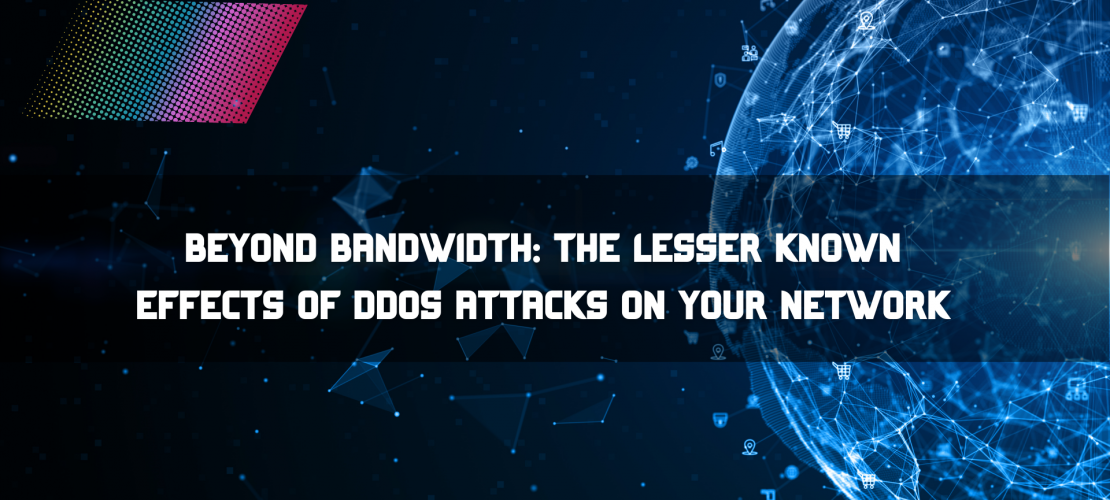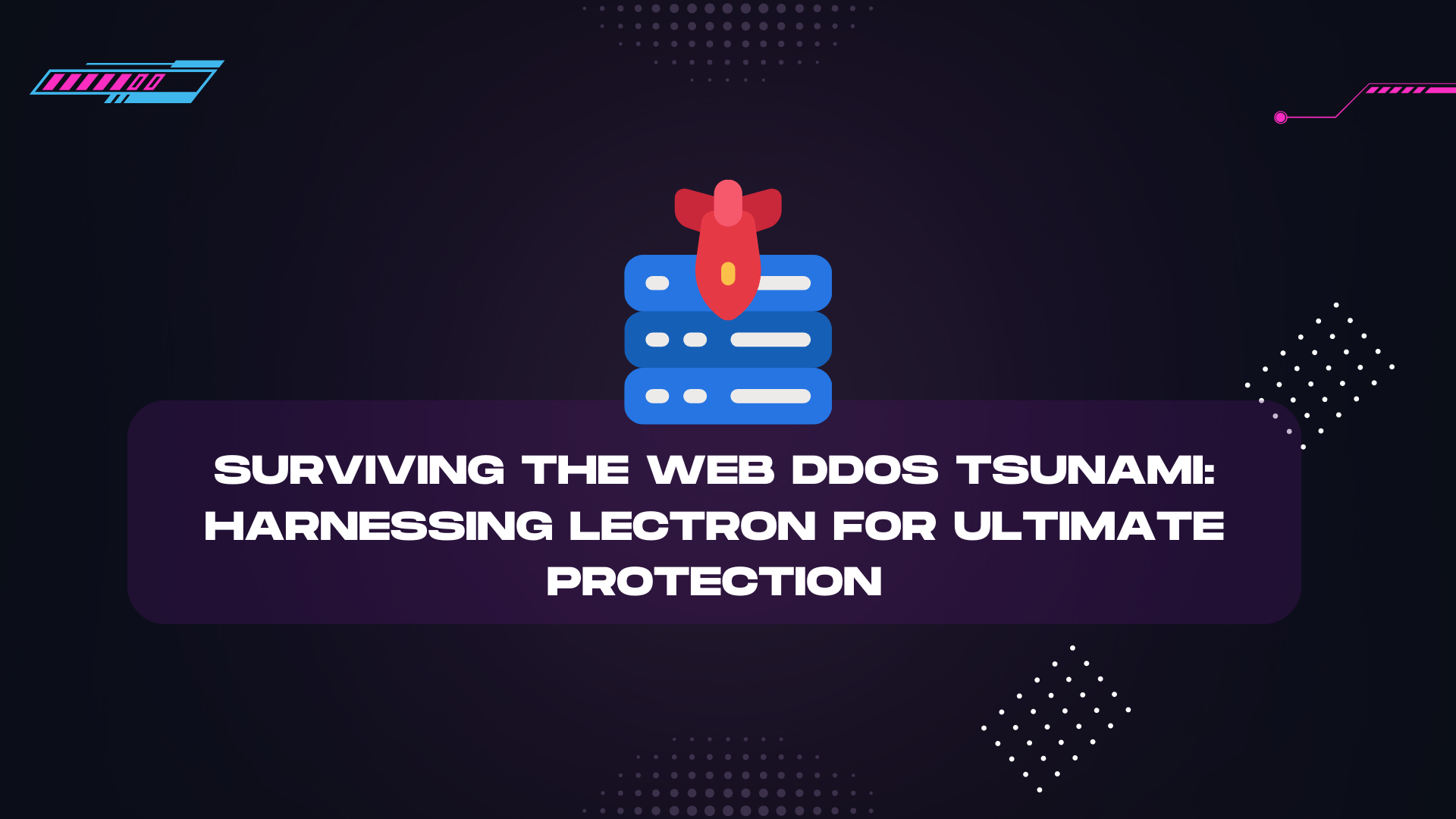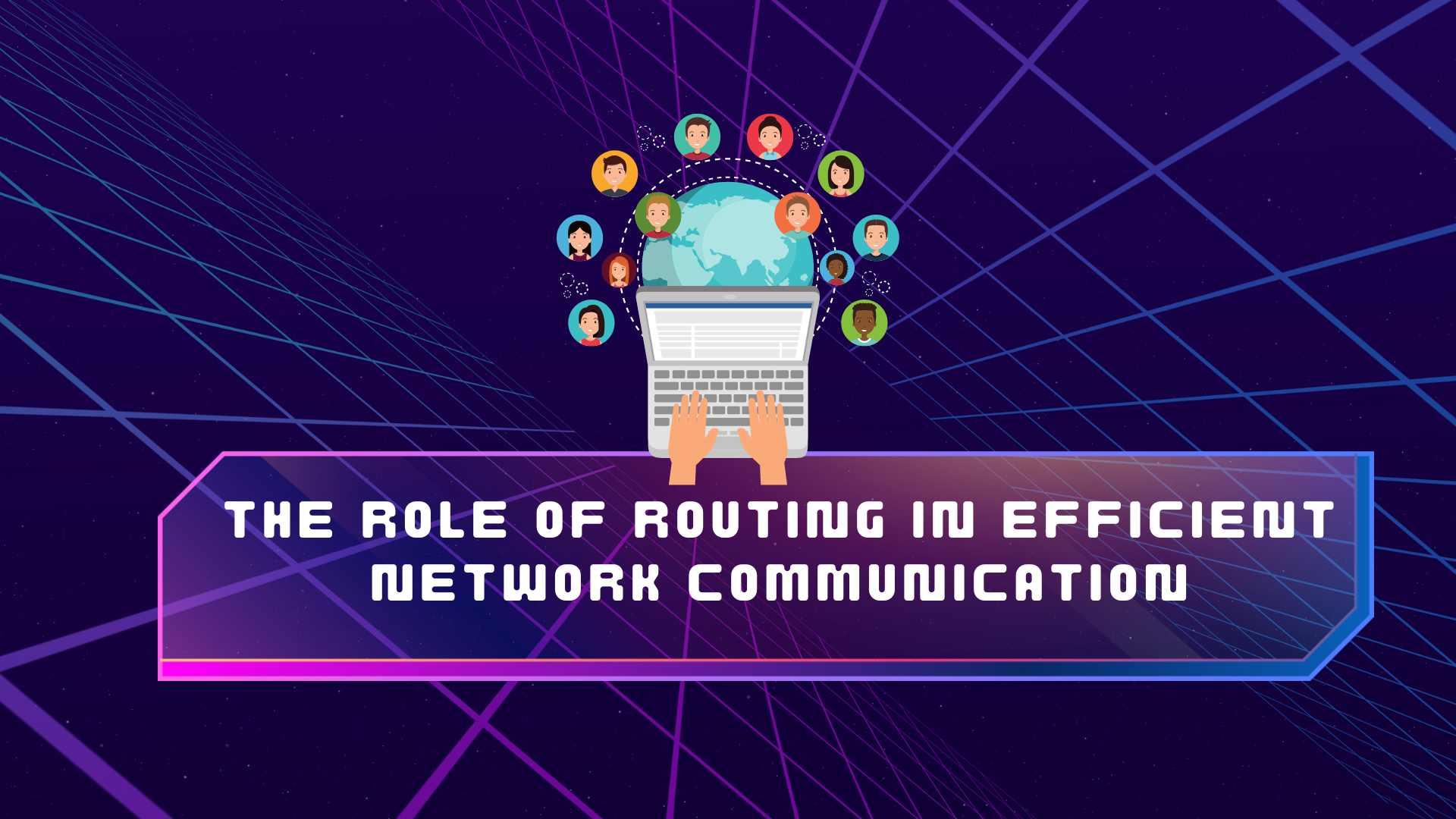DDoS attacks have become increasingly common and complex in recent years. While many people are aware of the bandwidth-related effects of DDoS attacks, such as slowing down or even completely taking down websites or applications, there are other, lesser-known effects that can have serious consequences for your network.
In this blog, we will explore some of the lesser-known effects of DDoS attacks on your network and provide guidance on how to mitigate them.
- Increased Latency and Packet Loss DDoS attacks often involve flooding a network or server with large volumes of traffic, causing increased latency and packet loss. This can have a significant impact on network performance, resulting in slow connections, dropped packets, and overall poor user experience. In extreme cases, the network may become completely unusable.
To prevent the effects of increased latency and packet loss during a DDoS attack, you can implement quality of service (QoS) policies to prioritize critical traffic and limit the impact of non-critical traffic.
- Network Congestion DDoS attacks can also cause network congestion, which occurs when there is more traffic on the network than it can handle. This can result in increased latency, packet loss, and dropped connections, and can even cause network outages.
To prevent network congestion during a DDoS attack, you can implement traffic shaping to limit the amount of traffic that can enter your network, and use a CDN or other third-party service to absorb and mitigate the attack traffic.
- Resource Exhaustion DDoS attacks can also cause resource exhaustion on targeted servers or applications, such as CPU or memory exhaustion, resulting in slow response times or even crashes. This can be especially damaging for businesses that rely on online services or e-commerce, as it can lead to lost revenue and damage to the brand.
To prevent the effects of resource exhaustion during a DDoS attack, you can implement load balancing to distribute traffic across multiple servers, use a CDN to cache and serve static content, and optimize server performance to ensure efficient resource utilization.
- Security Risks DDoS attacks can also create security risks for your network, as attackers may use the distraction of the attack to launch other types of attacks, such as malware or phishing attacks. Additionally, the large volumes of traffic generated by DDoS attacks can make it difficult to identify and mitigate other types of attacks.
To prevent security risks during a DDoS attack, you can implement robust security measures such as firewalls, intrusion detection and prevention systems, and security information and event management (SIEM) solutions to detect and respond to potential threats.
- Reputation Damage Finally, DDoS attacks can have a significant impact on your business’s reputation, as they can cause downtime, poor user experience, and data breaches. Customers may lose trust in your brand and take their business elsewhere, resulting in lost revenue and damage to your reputation.
To prevent reputation damage during a DDoS attack, you can implement proactive communication strategies to keep your customers informed about the situation and any steps you are taking to mitigate the attack. This can help to maintain trust and prevent customers from leaving.
DDoS attacks can have a range of lesser-known effects on your network beyond just bandwidth issues. To protect your network from these effects, it is important to implement a comprehensive DDoS defense strategy that includes not only bandwidth mitigation, but also measures to mitigate latency and packet loss, prevent network congestion, prevent resource exhaustion, prevent security risks, and mitigate reputation damage. With the right approach, you can minimize the impact of DDoS attacks on your network and ensure that your business stays up and running.




